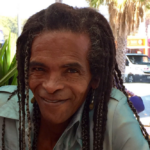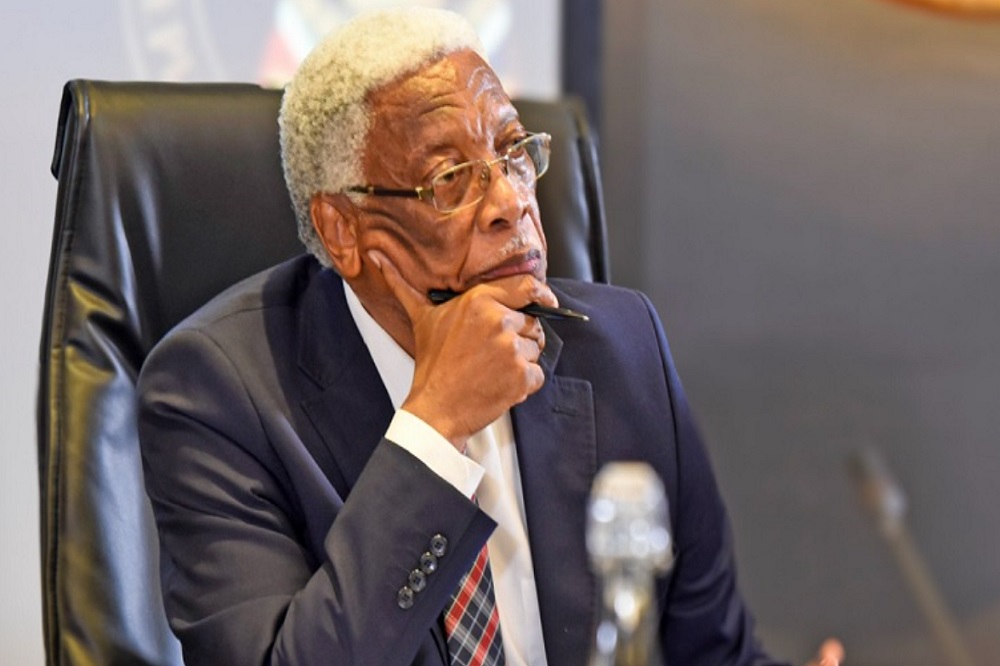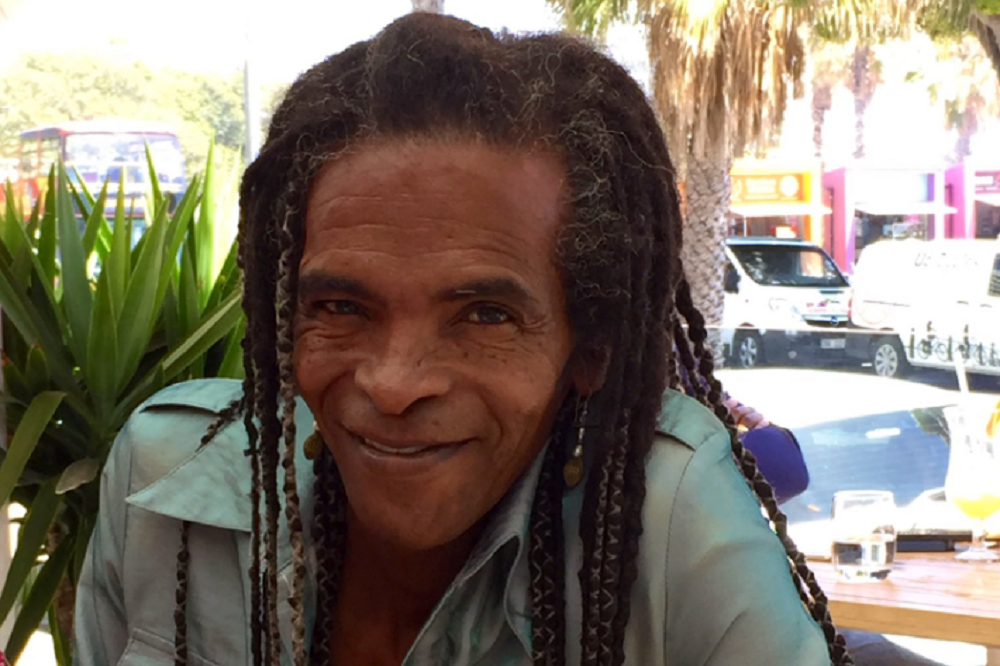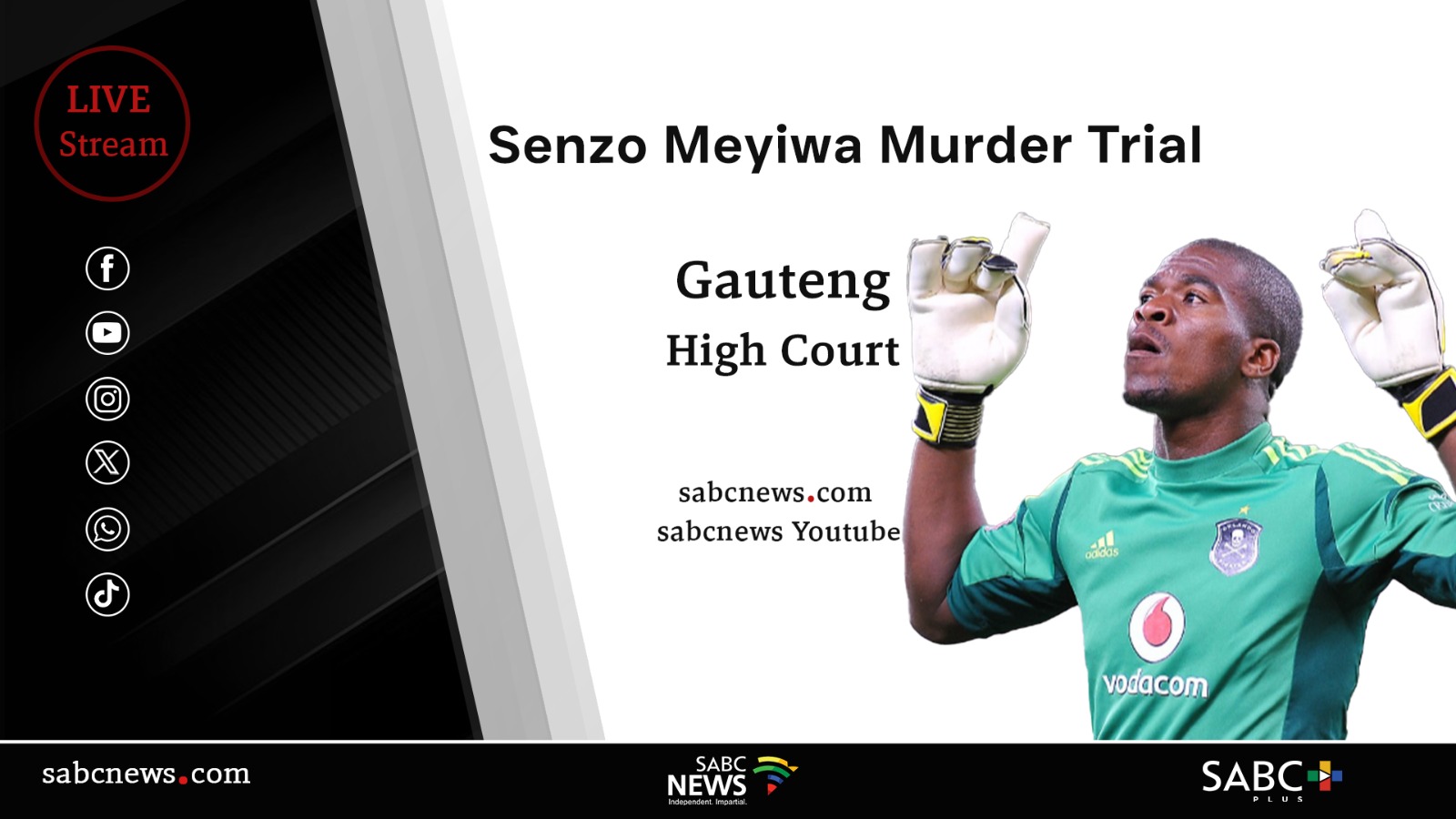-
Eastern Cape Judge President Selby Mbenenge listens as the Judicial Conduct Tribunal continues.
WARNING: This report may contain information that might upset some readers and viewers.
The Judicial Conduct Tribunal probing sexual harassment allegations against Eastern Cape Judge President, Selby Mbenenge has heard that the complainant, Andiswa Mengo tried to resist the alleged advances, but the top judge was “not taking no for an answer.”
Researcher Lisa Vetten, who has worked in the field of violence against women since 1991, delved into the nuances surrounding sexual harassment in the workplace, against the backdrop of the electronic communications between Mengo and Mbenenge.
Vetten went to great lengths to paint a picture of the complexities surrounding sexual harassment in the workplace, an issue described as neither black nor white and one which often blurs the line regarding consent.
In addition, it could be followed by consequences for the victim should they resist the act and saying ‘No’.
“What are the consequences of me saying no to somebody who holds a higher position in the hierarchy than I do? If I say no, I am their junior, will they take me seriously? And what are the consequences? Can this person victimise me? Can they make my work uncomfortable? Can they ask me to go and start doing work that I don’t want to do? Can they start taking away workplace opportunities from me? Can they start speaking to me in a way that is extremely uncomfortable and makes my work miserable?”
Vetten further explains that a victim may use strategies to manage the situation they are confronted with, which will manifest in patterns.
It is against this backdrop that Vetten went through a series of text messages between Mbenenge and Mengo, which she testified showed certain patterns of a person who is reluctant and unwilling.
For example, on the texts before the tribunal of the top judge requesting intimacy, Vetten argues that Mengo implored the strategy of evasion and deferment, while Mbenenge was unrelenting in the exchange,
“So, here I see the companion working quite hard to resist the respondent, in that she twice tells him ‘No’ in capital letters. So, there’s a ‘no’ and a ‘hayi’ and then it is impossible. So, she is making it very clear there will be no intimacy. They can meet and they can look each other in the eye and they can speak, but there will be no intimacy. What I also see is him not taking no for an answer,” says Vetten.
In her analysis, Vetten concludes that Mengo was not a willing participant in the exchanges with Mbenenge and that there is no blueprint to measure a response to this kind of conduct.
She has added that the Judge President ought to have conducted himself according to certain standards.
“So, as somebody who must make these kinds of decisions, you must also manage people. You needed to have thought about what the possible implications of this are. Should I even go there? You are the person in the more powerful position. As I say, with power comes great responsibility. For that reason, you need to be thinking about what the possible consequences of my conduct are because of the nature of my role. I am a moral authority as a judge and a legal authority and I am sometimes required to make decisions over these matters,” says Vetten.
Mbenenge’s legal team began cross-examination her through questioning principles that point to the criteria of expert testimony, that can or cannot be accepted by the tribunal, alluding to bias on the part of the witness and a failure to provide an analysis based on all sides, questioning whether it would be helpful to the tribunal.
Judicial Conduct Tribunal Hearing for EC Judge President Mbenenge:










